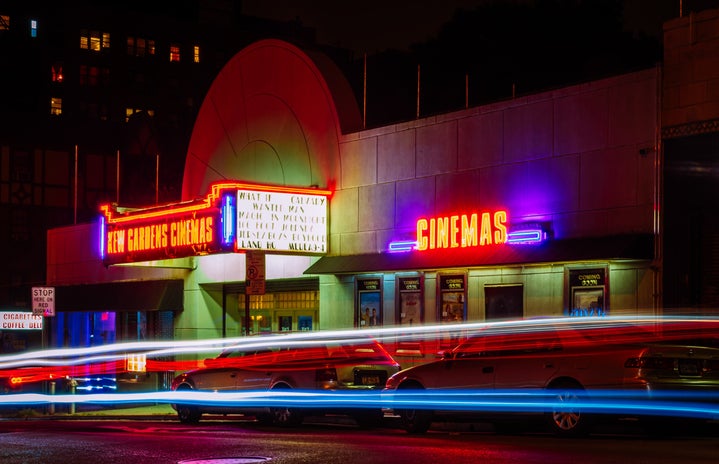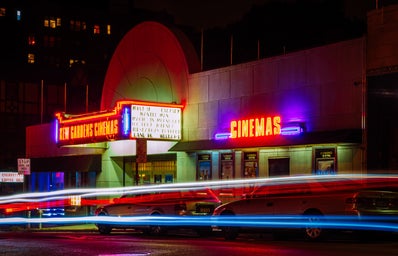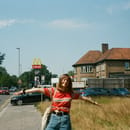Lockdown shaped how many of us consume things. For me, it was film, and lockdown led me to the discovery of the BFI Player – a collection of critically acclaimed global classics chosen by the British Film Institute. The BFI Player features the most culturally diverse films out there.
Mommy (Xavier Dolan 2014)
If you’re a sucker for dream sequences (think La La Land but much more intense) then this one is for you. At the centre of this film is a struggling widowed mother (Diane) whose greatest love and burden is her violent son (Steve). Yet Diane is navigating a fictional reality in which it is legal for parents to send their children to state-sponsored troubled youth hospitals.
The most fascinating part of this film for me is the box-like display of the screen. Aside from the display size, the film already carries a lot of emotion and it is by shrinking the display that this emotion is exacerbated, becoming even more claustrophobic as so much energy is concentrated in such a tight space. Perhaps an emotionally charged film is not what many of us want right now in 2020, but the cinematography is something not to be missed.
The exploration of mother-to-son relationships isn’t new for Dolan, who also wrote and directed I Killed My Mother which shows the son’s anger at his mother. In Mommy, we see the other side of the coin. Xavier is not afraid to explore this dynamic, yet what makes it so forceful is the acting which is continually explosive – literally explosive (cut to the many emotionally charged outbursts of anger). Simply put, Dolan is not afraid, and I am not afraid to say that one of my favourite films of all time is called Mommy.
Cleo from 5 to 7 (Agnès Varda 1962)
Not to be that person who loves French New Wave cinema, but I LOVE French new wave cinema. In this film, Agnès Varda follows Cleo, our protagonist, around Paris from 5-7 as she is awaiting an appointment with her doctor at 6:30 where she expects to find out that she is dying from cancer.
For me, this film made me think about how things would change if I had my mortality looming over myself. Undoubtedly, there would be a gloomy ambiance. But Agnès reminds us that fear is wholly self-perpetuating. The thought for Cléo that she could be dying sparks something in her that slows her down. She ruminates more and cherishes what we call the ‘small things.’ If you’re feeling stressed, this would be the one to watch to ground you.
Varda’s previous work within journalism and making documentaries amplifies the realism that is a necessary component of the film. It is Varda’s eye that makes things like buying a new hat and drinking coffee an enchanting experience. Ultimately, it leaves you longing for something that you can’t quite place a finger on.
Watermelon Woman (Cheryl Dunye 1996)
Unfortunately, Watermelon Woman is not about a watermelon woman. Instead, it follows Cheryl Dunye as she searches for an actress from the 1930s dubbed the Watermelon Woman. The narrative is charming at its core with its home-movie style and is very witty – it is your perfect pick me up film.
Watermelon Woman is the first film made by an open black lesbian. But sadly, much of the criticism the film receives surrounds its low budget which just shows the lack of output of films made by black lesbians, and that there are no high budget films of this type. However, I would argue that the low budget has an effect of its own and compliments the narrative. It serves as a clear window into the life of Cheryl and it helps establish the urgency of Cheryl’s journey to track down the Watermelon Woman.
Whilst the narrative is endearing, this film reminds us of how lesbian films can be directed, produced written, and played by black lesbians.
If anyone watched any of these films – or if you have any other recommendations from the BFI Player – please feel free to message me on Instagram as I would love to chat!



